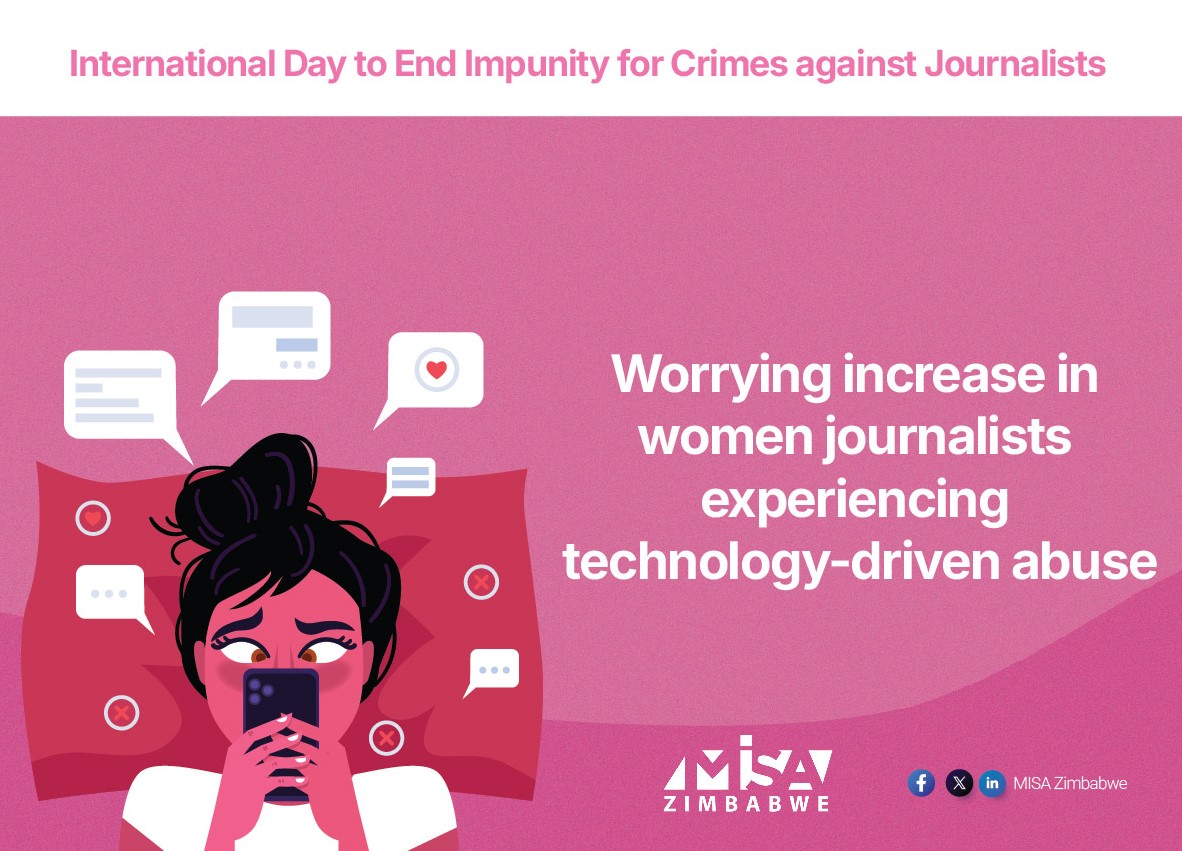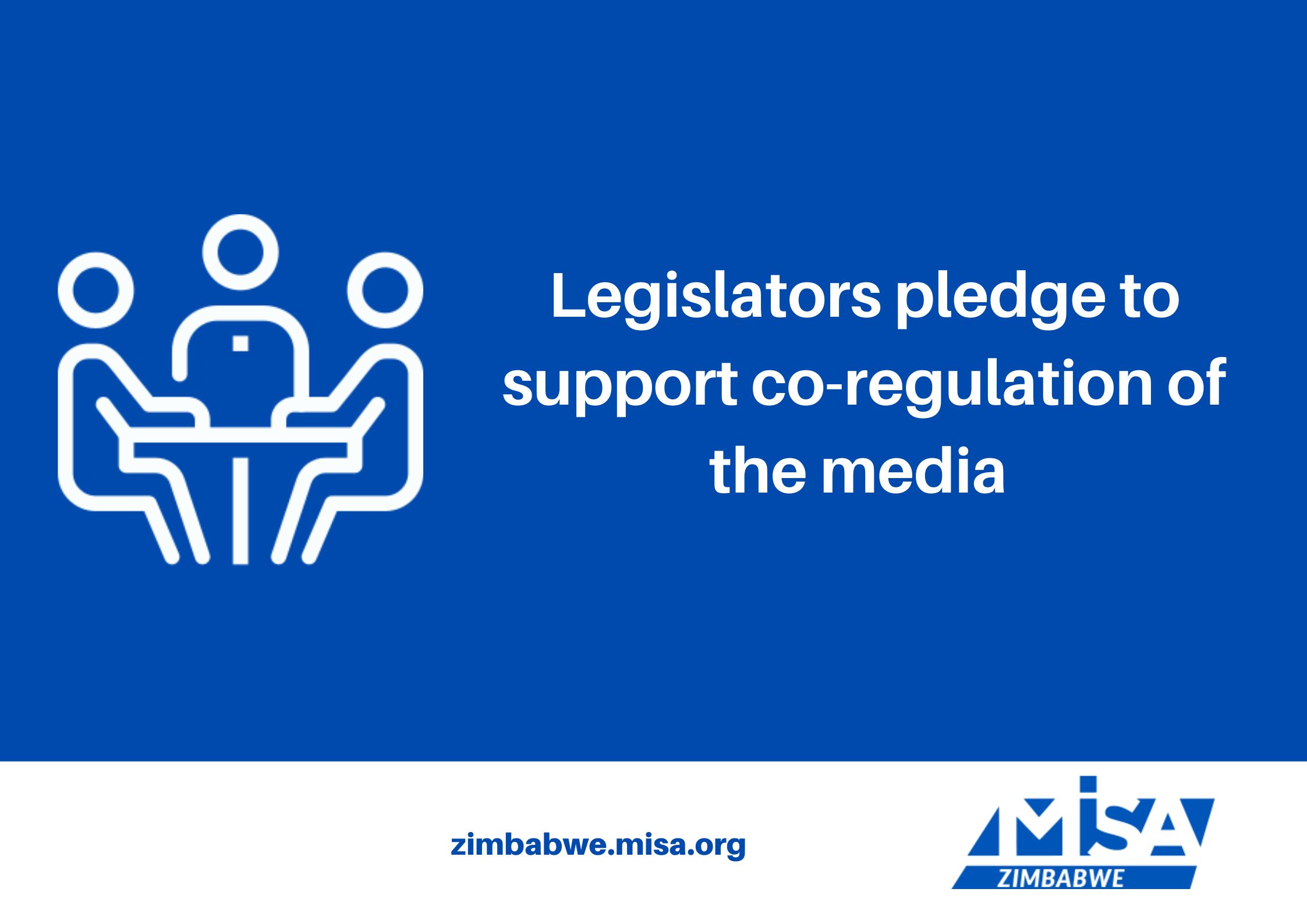MISA ZIMBABWE FACT SHEET
Introduction
Election periods throughout the world impose immense responsibility on the media to provide the public with accurate information that will enable the electorate to make informed decisions and choices when they eventually cast their votes.
This has seen Zimbabwe’s public and private media and other critical media stakeholders signing a pledge to commit themselves to the highest ethical standards in the coverage of this year’s elections scheduled for 23 August 2023.
The media is responsible for providing the public with access to different facts, opinions and ideas and holding authorities and other appropriate officials accountable while promoting the rule of law and respect for human rights.
News media should avoid language that encourages prejudice or hatred, incites violence, and may lead to public contempt against any person or political players.
In that regard, Zimbabwe’s 2013 Constitution, and its electoral laws thrust greater responsibility on the public media, such as the Zimbabwe Broadcasting Corporation (ZBC) and Zimpapers, to give fair and equitable coverage to all political parties contesting in the elections.
Constitution of Zimbabwe
Section 61 (4) of the Constitution says all State-owned media of communication must be impartial and afford fair opportunity for the presentation of divergent views and dissenting opinions.
Section 61 (5), however, states that freedom of expression and freedom of the media exclude incitement to violence, advocacy of hatred or hate speech, malicious injury to a person’s reputation or dignity or malicious or unwarranted breach of a person’s right to privacy.
Electoral Act
Section 160G (1) says public broadcasters shall afford all political parties and independent candidates contesting an election such free access to their broadcasting services as may be prescribed.
Section 160 further says a broadcaster or print publisher shall not be obliged, subject to Section 160G, to publish any advertisement by or on behalf of a political party or candidate contesting an election, but if the broadcaster or publisher is prepared to publish any such advertisement—The broadcaster shall offer the same terms and conditions of publication, without discrimination, to all the political parties and candidates contesting the election.
SADC Principles and Guidelines Governing Democratic Elections
Section 4 (vi) of the SADC Principles and Guidelines Governing Democratic Elections outlines, among other principles, the need to promote the necessary conditions to foster transparency, freedom of the media; access to information by all citizens; and equal opportunities for all candidates and political parties to use the State media.
African Charter on Democracy, Elections and Governance
Article 17 (3) says State Parties shall ensure fair and equitable access by contesting parties and candidates to state-controlled media during elections.
Harmonised Election Media Code of Conduct Pledge 2023
Under this Pledge, the media in Zimbabwe, among others, pledged and committed to:
- Hold each other to high standards of impartiality, credibility, and integrity.
- Be accountable to the public.
- Put voters and the integrity of the electoral process at the centre of our reporting.
- Avoid amplifying falsehoods, hate speech and incitement to violence.
- Ensure equal, fair, and objective coverage of women electoral actors.
Redress and Accountability
Aggrieved parties may utilise Statutory Instrument 33 of 2008 which provides a complaints mechanism against the conduct of the media during elections, and may do so through lodging complaints with the Zimbabwe Electoral Commission.
In addition, the media should rectify any inaccuracies without delay and with due prominence, while aggrieved parties, political parties and candidates should be afforded the right to reply.
Conclusion
Respect for truth and the right of the public to truth is the first duty of the journalist. Check and recheck-check and recheck the facts to avoid being sold dummies by those with hidden agendas.












